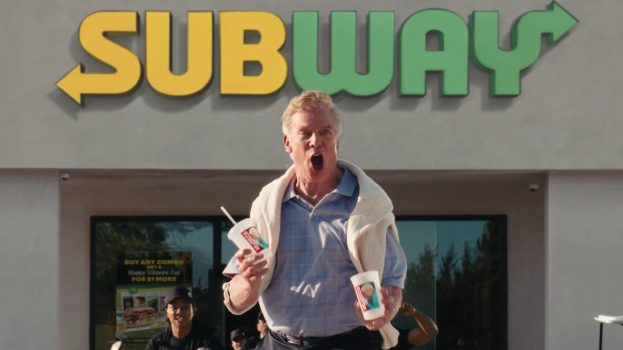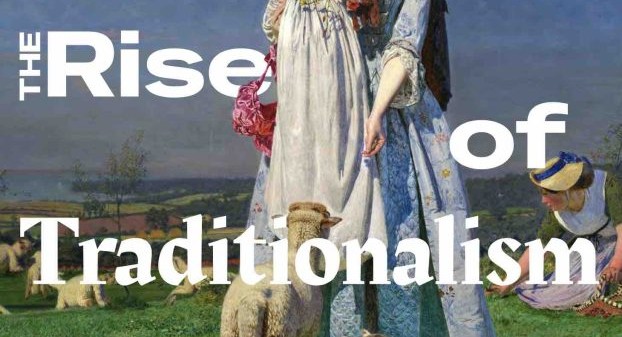
The country’s largest grocer is currently in a PR quagmire. May 1 marked the start of a movement to boycott Loblaw for the month, which appears to have found traction with thousands of Canadians.
The boycott was sparked by a 74,000-person Reddit group, dubbed “Loblawisoutofcontrol.” The group, which advocates for a 15% reduction in prices at the grocer, is a repository for advocacy and information, but also for venting about rising costs and memes blasting the company, as well as Galen Weston Jr. “for continually raising grocery prices so he can get a big fat bonus cheque every year.”
On the day the boycott began, Loblaw reported a 10% profit spike to more than $450 million, adding fuel to an already volatile fire, while Competition Bureau numbers reveal that Loblaw’s share of the grocery space in Canada is 29%, the largest in the country, ahead of Sobeys/Empire at 21%.
According to Ipsos Canada numbers in April, 83% of Canadian consumers say their weekly grocery bill has increased around $80 on average in the last six months. While Canada’s inflation rate has slowed this year after it spiked in the last two years, difficult economic conditions have left people hurting as grocery prices have risen.
Loblaw and Weston are “seen [as] the public face of something people can vent against,” says Matthew Kelly, managing partner for Level5 strategy. Unfortunately, as Kelly notes, the Loblaw situation has been exacerbated by poorly timed communications missteps, like walking back its previously offered 50% discounts on food nearing best-before dates.
“They can’t make any more mistakes like that,” Kelly says.
While the company is feeling the wrath of some consumers, there’s a lot it can do to respond tactically at the store level, Kelly says, adding that he sees Loblaw already taking concrete positive actions, but it will take some time to turn around the sentiment.

Those positive actions include Loblaw introducing a new “Hit of the Month” campaign, which it says offers aggressive prices on key products across its network. It’s also offering deeper discounts on 35 everyday items, ensuring that those products are available at an average of approximately 30% off regular prices.
Kelly tells strategy that the grocer should continue focusing on everyday value. That means working with private label, PC Optimum, as well as brand partners and suppliers to demonstrate that the company cares about and understands what its consumers and workers are going through.
“They have to work hard at rebuilding trust,” he says.
Loblaw CEO Per Bank has said he is “cautiously optimistic” about the development of a proposed Grocery Code of Conduct in Canada to ameliorate price concerns. However, as Kelly notes, the average consumer who is spending much of their salary on food doesn’t understand the nuances of competition and believes Loblaw is responsible for price gouging and fixing, which are allegations that have not been proven.
Most people don’t understand how thin the margins are, Kelly says, but explaining that is “a very hard story to win” with consumers.
“As the Loblaw brand, they will need to go beyond mere statements and press-positioning,” says Mike Power, a branding and communications consultant, and a partner at Midfield Communications. “[Loblaw] will need to actively demonstrate a commitment to addressing consumer concerns.”
This means increasing transparency and actively showing how they are making their products more affordable and accessible, while addressing broader issues such as supply chain inefficiencies that impact pricing, initiating partnerships at the government and industry levels.
Additionally, Power stresses that the grocer needs to take a careful look at their pricing strategies and make sure that comparable products are not the most expensive among their competitors.
“It’s about making sure our actions speak louder than our words and that these actions resonate positively with our customers,” he says.
In response to current market conditions, Power says that enhancing its PC Optimum loyalty program to provide double points on essential or crucial segments of goods could significantly boost consumer loyalty and perceived value.
He notes that while the immediate emotional impact of boycotts on pricing may not have the enduring dramatic appeal of other social issues, it’s essential for the brand to take proactive, marketing-led measures to address concerns about perceptions of higher prices.
“By effectively managing both the operational and perceptual aspects of this issue, [Loblaw] can somewhat mitigate immediate risks and stabilize the brand’s reputation,” Power says.

David Soberman, a marketing professor at the University of Toronto’s Rotman School of Management, adds that while there’s a segment of consumers who want to boycott Loblaw, the grocer is only one-third of the problem.
“People who are informed know that the prices have risen everywhere so blaming Loblaw for food inflation isn’t entirely logical,” Soberman says. “Beyond that, I suspect that the people who are involved in the boycott and most attracted to it as a movement are not ‘loyal’ Loblaw shoppers, so that further reduces the risk for Loblaw.”
In the Canadian grocery sector, Soberman says there is a very high level of concentration and the companies don’t compete to the extent that they should. However, he notes that the feds are looking to address the issue, by facilitating foreign competition from either a disruptor or a hard discounter, citing the example of German discount supermarket chain Aldi when it entered the Australian market.
As Soberman tells strategy, the average Loblaw in square footage, is about three times the size of German giants like Aldi and Lidl.
“These guys have a different way of doing business and if they could acquire enough locations in commercial malls with regular supermarkets, they can put some pressure on the existing chains,” he says.
However, restrictive covenants (agreements or conditions that limit certain actions on a property) make setting up competing food retail business in commercial centres a challenge.
Other factors preventing foreign players from setting up shop, Soberman explains, include the time required to set up a viable footprint of, say, a minimum of 150 stores. For example, Aldi in France has 1,300 stores and a market share of 2.3% and boasts prices one-third cheaper than traditional supermarkets. Lastly, he notes, there is red tape and delays associated with getting foreign private label products approved in Canada.























